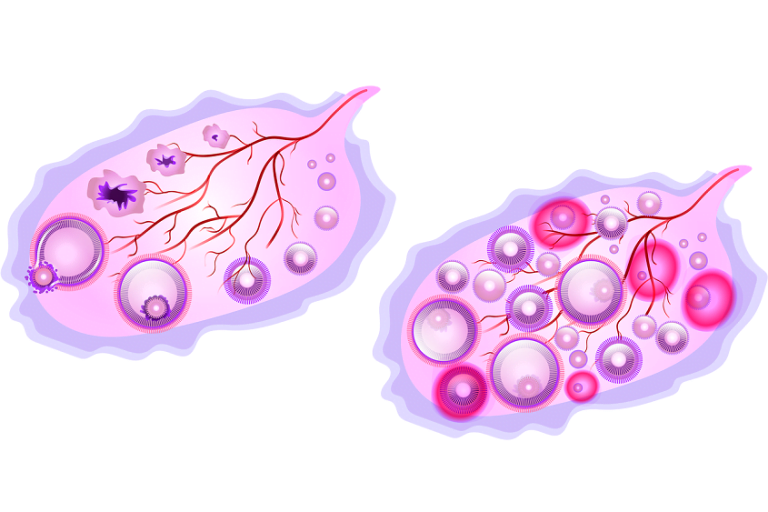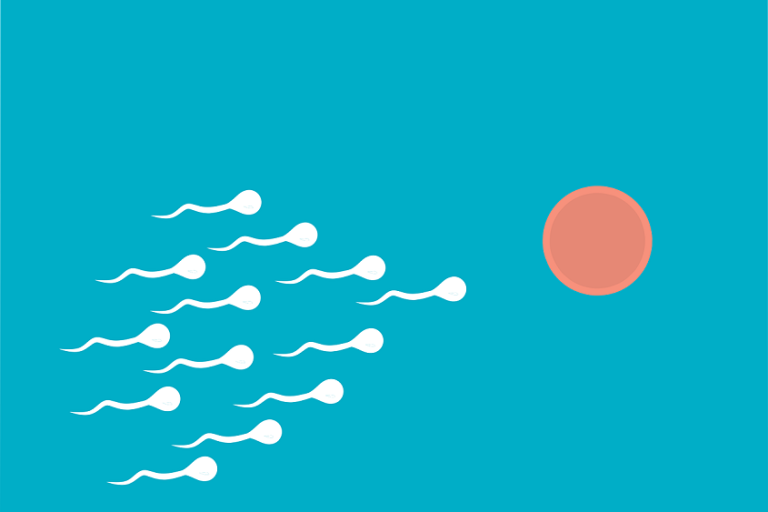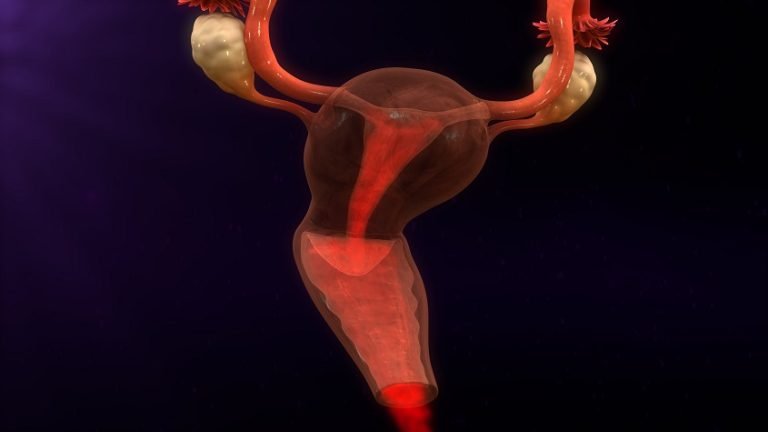Browsing: Women Health

The page provides quick access to a list of common diseases, syndromes, health conditions, and other topics of health importance pertaining to women’s health. The list is organized alphabetically. Links are provided to respective diseases sections that serve as a comprehensive and ultimate guide about the disease or health condition.
A gynecological disorder involves damage or risk to any female reproduction organ, which includes the abdominal and pelvic area, i.e., ovaries, uterus, fallopian tubes, vagina, vulva and breasts. Some of these disorders can even affect the proper functioning of the reproductive system and may create difficulty during pregnancy or child birth.
Healthcare professionals believe that every woman may suffer from one or another type of gynecological condition at some point in their life. In the past few years, the incidence of few gynecological disorders has sternly increased such as endometriosis, uterine fibroids and breast cancer. They have not only affected adult women, but teenage girls also have shown high incidence of certain gynecological diseases.
From puberty till menopause, a woman’s reproductive organs are continuously changing due to sexual activity, pregnancy and aging. These changes occur due to variation in hormonal levels in the body. An injury or a disease can also affect your reproductive system, leading to a gynecological disorder.
Common gynecological disorders include dysmenorrhea, vulvodynia, chronic pelvic pain, breast cancer, polycystic ovary syndrome, endometriosis, uterine fibroids, vaginitis and menstrual cramps.
One of the most common myths is that ovulation always occurs on day 14 of the menstrual cycle. In reality, ovulation timing can vary widely depending on factors such as cycle length and hormonal fluctuations. Another myth is that women cannot get pregnant during their period, when in fact, up to 10% of pregnancies can occur when intercourse takes place during menstruation.
The Connection Between Menstrual Cycles and Mood Swings: Causes and Coping Strategies
Did you know that some alternative therapies, such as acupuncture and meditation, may help reduce the severity of menstrual mood swings? Talk to your healthcare provider before trying any alternative therapies to make sure they are safe and won’t interact with any medications you’re taking.
How to Support a Partner Struggling With Infertility: Tips for Couples
Research has shown that stress and anxiety can negatively affect fertility, so it is important for couples struggling with infertility to manage their stress levels. Couples can use stress management techniques such as exercise, meditation, and therapy to help reduce their stress levels and improve their chances of conceiving.
Morning sickness is a common condition that affects many pregnant women, but in some cases, it can become severe and may require medical attention. This article highlights the warning signs of severe morning sickness, such as persistent vomiting, weight loss, dehydration, and fainting, and provides information on how to manage the symptoms. Treatment options for severe morning sickness include dietary and lifestyle changes, medications, nutritional support, and psychological support.
This article presents factual information on preconception health and the use of supplements to promote a healthy pregnancy. It outlines the benefits of supplements such as folic acid, iron, vitamin D, and omega-3 fatty acids, including recommended dosages and potential risks. The article stresses the importance of seeking advice from a healthcare provider before starting any new supplement regimen to ensure that the supplements are suitable for individual needs and health status.
The importance of fertility testing is discussed for couples who face difficulties in conception. The guide covers the timing and procedures for testing, result interpretation, and available treatments. Additionally, FAQs are provided to address common concerns and questions related to fertility testing.
Tracking ovulation is critical for women who are trying to conceive or want to avoid pregnancy. There are various methods and tools for tracking ovulation, including smartphone apps, ovulation calendars, charts, and journals. By accurately tracking ovulation, women can take control of their reproductive health and achieve their family planning goals.
This article covered common period problems, their causes, solutions, self-care tips, signs that indicate medical attention, and the importance of regular check-ups and screenings. The aim is to provide valuable insights and practical tips for women to maintain good reproductive health.
Pregnancy After Miscarriage: What to Expect and How to Cope With It?
The loss of a pregnancy can be a difficult experience, but preparing for a healthy pregnancy after miscarriage is possible. Coping strategies include emotional support, therapy, and stress reduction techniques. It is essential to prioritize physical health with proper nutrition, exercise, and regular prenatal care. Common concerns about pregnancy after miscarriage include fear of another loss, but discussing these concerns with healthcare providers and loved ones can help ease anxiety.
The article focuses on the topic of timing intercourse for pregnancy and how it works. It explains the fertile window, which is the time during a person’s menstrual cycle when they are most likely to conceive. It also covers other factors that can affect fertility, such as diet, exercise, stress, and lifestyle changes, which can optimize fertility and increase the chances of successful conception.












